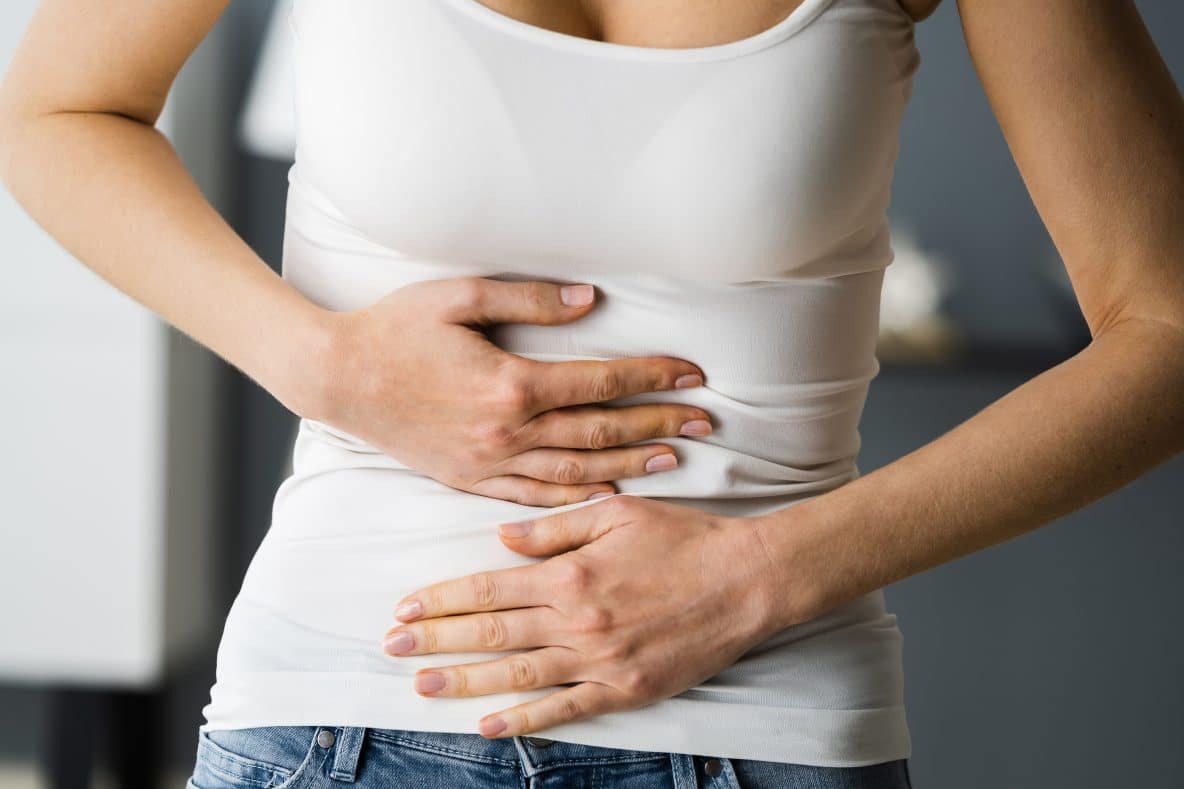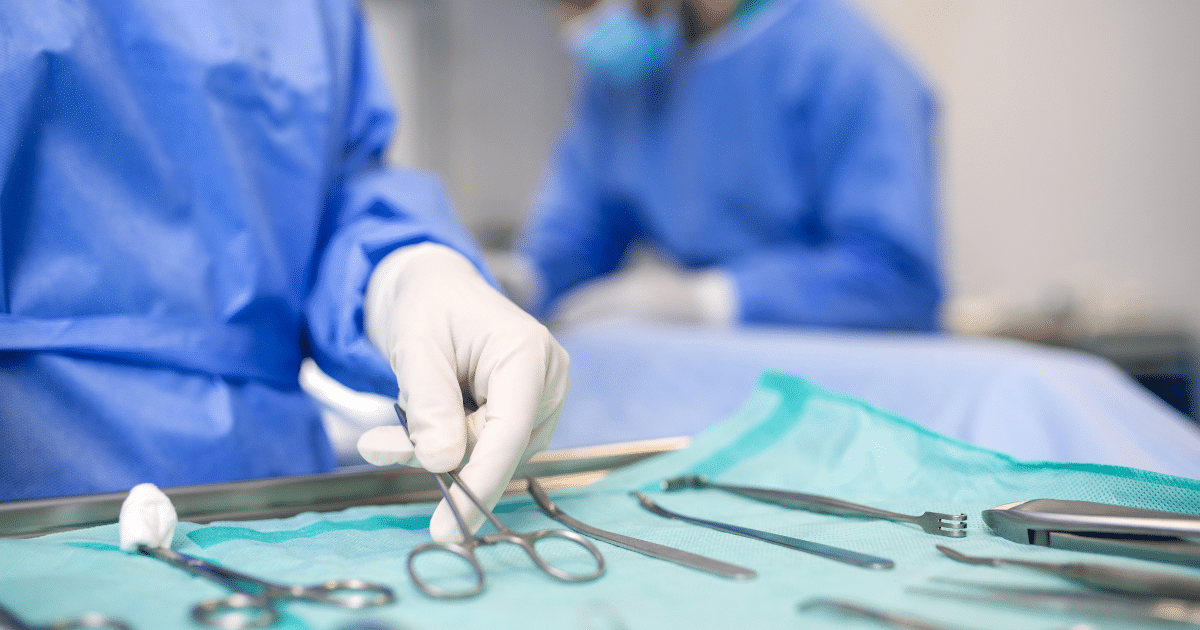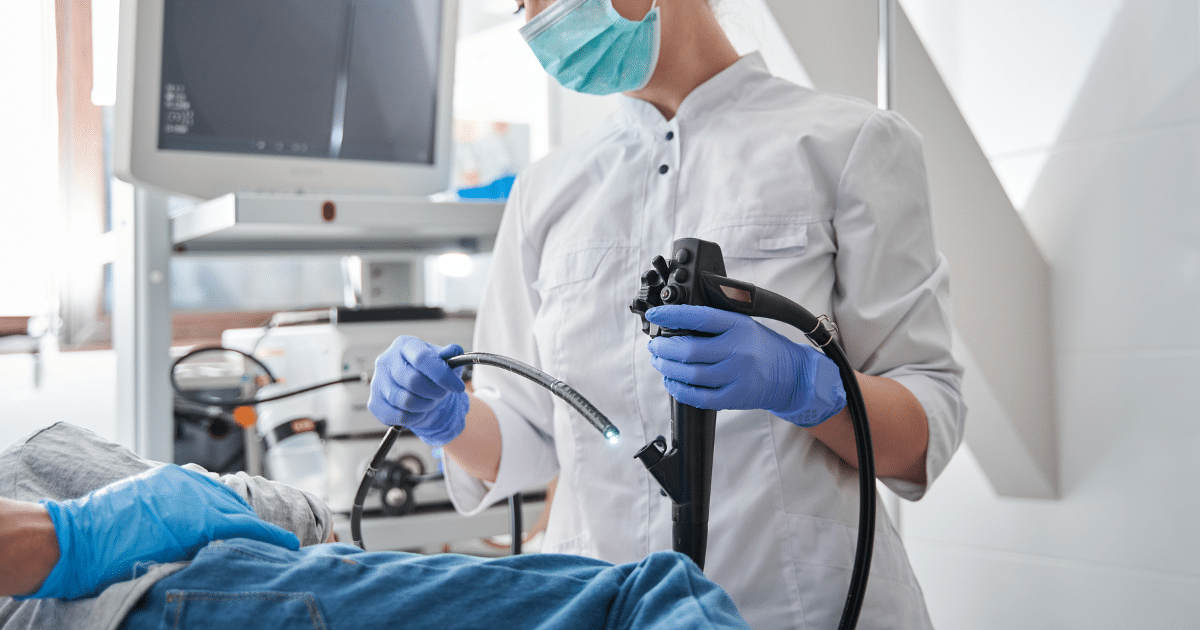We’ve all had moments of discomfort associated with our bowel movements. Sometimes, the urge to defecate hits, and we simply can’t make it to the toilet in time. This isn’t uncommon, especially if we’re ill and have a related condition such as diarrhea or constipation. In fact, doctors estimate that 1 in every 3 people who regularly see family doctors have experienced this problem.
While the involuntary leakage of fecal matter can be embarrassing for some people, the truth is this condition is normal, especially as we age. By sharing more information about this condition and its most common symptoms, causes, and potential preventative measures, we hope to shine some light on fecal incontinence and how to communicate about it with your doctor.
What is fecal incontinence?
First, let’s start by defining fecal incontinence.
Fecal incontinence refers to an individual’s inability to control bowel movements. It can also be called bowel incontinence since these terms are often used interchangeably.
The severity and frequency of this condition vary. Sometimes, people experience temporary fecal incontinence if they are unwell, have diarrhea, and are too ill or weak to control their bowels. Once the cause of the diarrhea is remedied, then the fecal incontinence disappears.
For others, fecal incontinence occurs on a regular basis and interferes with their daily life. Functional fecal incontinence is a related condition where a person may be otherwise healthy but for a myriad of reasons is unable to get to the toilet in a timely manner. This may be because they are unable to:
- Recognize their need to use the toilet
- Locate or access the toilet
- Manage the physical steps necessary to reach the toilet
What are the symptoms of fecal incontinence?
Regardless of whether you temporarily experience fecal incontinence or live with this condition regularly, there are a few common symptoms that may affect your life.
Some of the most common symptoms of fecal incontinence include:
- Trouble passing stool
- Bloating
- Gas
A related condition, called urge incontinence, can also occur when the urge to use the bathroom comes on so suddenly that a person cannot make it to the toilet in time.
Conversely, people who do not recognize the urge to go to the bathroom have a type of incontinence called passive incontinence. This often leads to them experiencing fecal incontinence because they simply have not recognized that they need to make a bowel movement.
Experiencing symptoms of fecal incontinence occasionally happens to most people. If you find yourself regularly experiencing an urge to pass stool that comes on suddenly or is unable to recognize when you need to make a bowel movement, it’s a good idea to talk it over with your doctor.
Causes of fecal incontinence
Typically, a variety of factors combine to cause fecal incontinence. Here are some of the most common causes.
Muscle damage
If the muscles in your rectum are damaged, it’s a challenge to properly hold back stool. This type of damage is most commonly caused by issues in childbirth, such as the need for an episiotomy or forceps delivery.
Constipation
If you are constipated often, a condition called impacted stool occurs. This is when stool that cannot be released from the bowels forms a dry, hard mass, stretching the intestines and rectal muscles until they weaken. Then, even though the impacted stool cannot get out, watery stool from above that mass can still release, causing inopportune accidents.
Nerve damage
Nerve damage, like muscle damage, can also harm the body’s ability to pass stool regularly. Some typical causes of nerve damage in this area include:
- Childbirth
- Straining during bowel movements
- Stroke
- Spinal cord injury
- Diabetes
- Multiple sclerosis
Diarrhea
With diarrhea, the stool becomes very loose and watery. Even individuals with strong rectal muscles and sphincters can find it difficult to hold in stool in this state. That’s why diarrhea is such a common cause of fecal incontinence. The longer diarrhea persists, the more difficult it becomes to hold in stool.
Hemorrhoids or hemorrhoid corrective surgery
Hemorrhoids are a painful condition that can cause swelling in the rectum. When this happens, the anus may not be able to close completely, making it easy for stool to leak out.
Taking steps to prevent fecal incontinence
Regardless of what condition or issue contributes to your fecal incontinence, many steps can be taken to improve your daily life and make passing stool easier and more comfortable. Here are some preventative measures and treatment plans doctors typically advise for patients with functional incontinence.
Medication
If your fecal incontinence is due to intermittent or chronic diarrhea or constipation, different types of medications can be prescribed. Anti-diarrheal medications or laxatives function well and help make your stool easier to pass.
Kegel exercises
If a muscle weakness or other related issues are contributing to your fecal incontinence, your doctor may suggest performing regular Kegel exercises to strengthen your muscles in this critical area. These are simple, easy-to-perform exercises that can be practiced a few times daily.
Surgery
In some cases, surgery is recommended to correct muscle or nerve damage that is causing fecal incontinence. A sphincteroplasty or a surgical correction of an issue like rectal prolapse or hemorrhoids can help you get back control and sensation in this area, leading to better bowel control.
Talk to a specialist about your fecal incontinence today!
While fecal incontinence may seem embarrassing to talk about, the truth is it happens to many of us. The best thing you can do if you’re experiencing this condition is to seek out your doctor and talk about it with them. They may be able to offer resources and a treatment plan that can help you feel more comfortable.
At Physicians Alliance of Connecticut, we have a variety of fecal incontinence surgical specialists in our network that can help you get the treatment you need. Reach out today to book an appointment with one of our doctors or surgeons.
Looking For a Fecal Incontinence Specialist in Connecticut?

NOW ACCEPTING NEW PATIENTS:
SHANNA M. GANNON, PA- C IN ANSONIA & HAMDEN, CT
Shanna is a member of our PACT Surgical Specialist Group and specializes in fecal incontinence and hernia repair. To schedule an appointment, please call 203-281-7000 or request an appointment online.







